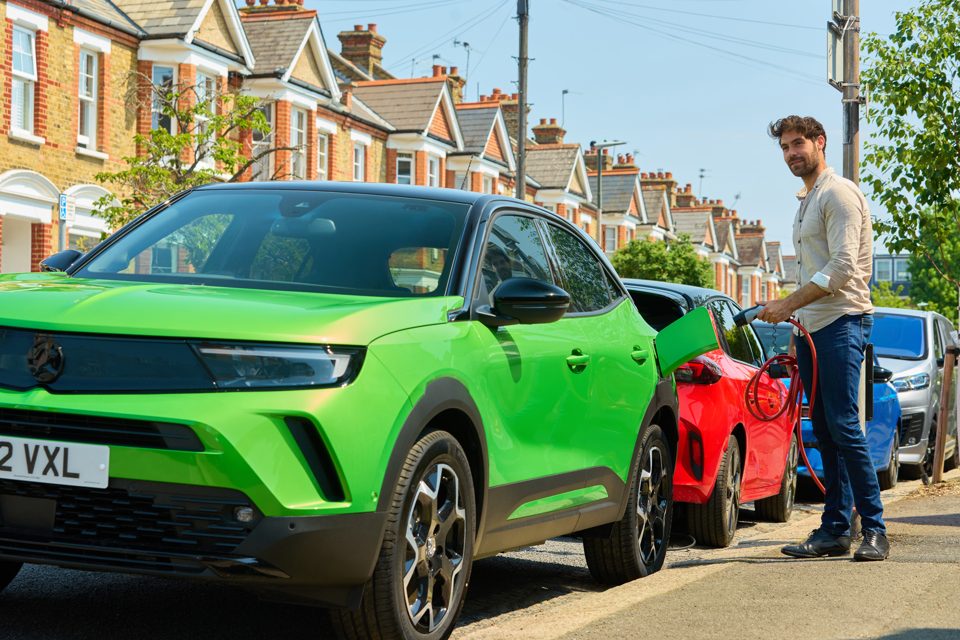Fewer than a third (30%) of motorists who own or want to own an electric vehicle (EV) say they are supported by their local council, with numbers noticeably lower in regions outside of London, new research from Vauxhall suggests.
Furthermore, just 10% of drivers told Vauxhall they were happy with the levels of on-street charging in their area, with satisfaction rates in Wales dropping to as low as 4%.
Vauxhall launched Electric Streets of Britain in August last year, to address the lack of on-street charging provision in the UK, and support councils across the country with the acceleration of local charging infrastructure.
On-street charging access is essential to ensure drivers can charge electric vehicles with ease and convenience, especially for the 40% of drivers in the country without access to a driveway.
Alongside an online database for drivers to register charging needs in their area, Vauxhall has established an ‘Enablement Fund’ to help local authorities, working with leading charging operators Chargy, Connected Kerb and SureCharge.
Registrations to Vauxhall’s Electric Streets of Britain hub mirror concerns expressed through its latest research, with high levels of interest for charge point installations logged in cities including Glasgow, Leeds and Birmingham – all in localities where a large percentage of drivers told Vauxhall that EV owners require further support from their local authority.
Recent figures show London holds up to 60% of the UK’s on-street chargers, with wider regions lagging. This lack of parity is apparent in Vauxhall’s most recent research, as London was found to be the only region of the country where the majority of motorists (60%) say EV drivers are supported by their local council.
London was also the only area where over 50% of drivers noticed issues around EV infrastructure playing a role in political campaigning ahead of local elections.
James Taylor, managing director of Vauxhall, said: “Electric vehicle charging infrastructure is just one of many concerns that should be discussed in great detail ahead of this year’s local and mayoral elections.
“While recent figures show charge point numbers are increasing, our latest research highlights how drivers are increasingly reliant on their local authorities to make sure infrastructure needs are being met.”
He added: “Our Electric Streets of Britain initiative was launched to support local authorities, working with our partners to educate councils on the importance of installing more accessible on-street charging to ensure no driver is left behind on the UK’s journey to electric.
“We hope to see local councils listening to these drivers who are reliant on their support to provide confidence and ensure motorists across the country feel they can join the electric transition efficiently and safely.”
Charge point growth
The latest charge point figures from the Department for Transport (DfT) show that at the start of April, there were 59,670 public EV charging devices installed in the UK.
This was an 11% uplift on the previous quarter’s total and a 49% year-on-year increase.
The most common location category for charging devices was ‘destination’ accounting for 27,583 charging devices or 46% of all publicly available charging devices.
On-street charging devices accounted for 37% of charging devices or 22,199.
Public charging devices by destination of charging device
Some 11,590 chargers had 50kW of power or above, this represents 19% of all charging devices, while 35,339 had a power rating of 3kW up to 8kW, equating to 59% of all charging devices.






















Login to comment
Comments
No comments have been made yet.